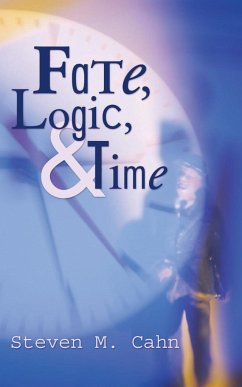
Understanding Quantitative History
Versandkostenfrei!
Versandfertig in 1-2 Wochen
38,99 €
inkl. MwSt.

PAYBACK Punkte
19 °P sammeln!
Quantitative analysis is a fundamental mode of thought in the modern world, and quantitative reasoning is one of the most powerful tools available for the study and interpretation of historical events. By using examples from published historical works, Understanding Quantitative History provides historians and nonhistorians with an introductory guide to descriptive statistics, sampling and multivariate analysis, and formal reasoning. The book will prepare readers to understand and critique quantitative analysis in history and related disciplines such as sociology and political science. More br...
Quantitative analysis is a fundamental mode of thought in the modern world, and quantitative reasoning is one of the most powerful tools available for the study and interpretation of historical events. By using examples from published historical works, Understanding Quantitative History provides historians and nonhistorians with an introductory guide to descriptive statistics, sampling and multivariate analysis, and formal reasoning. The book will prepare readers to understand and critique quantitative analysis in history and related disciplines such as sociology and political science. More broadly it will allow readers to participate more effectively in a wide range of public-policy discussions that use - or misuse numbers. One of the best ways to gain proficiency as a reader of quantitative history is to practice on published books and articles. Understanding Quantitative History reprints brief examples from a wide range of published works in American history, covering such topics as black women's, labor, and family history from early colonial times to the post-World War II era. Each chapter includes thirty to fifty questions with answers provided at the end of the chapter. The authors rely on ordinary language rather than mathematical terminology and emphasize the underlying logic of quantitative arguments rather than the details of the calculations. Understanding Quantitative History was sponsored by the Alfred P. Sloan Foundation.












